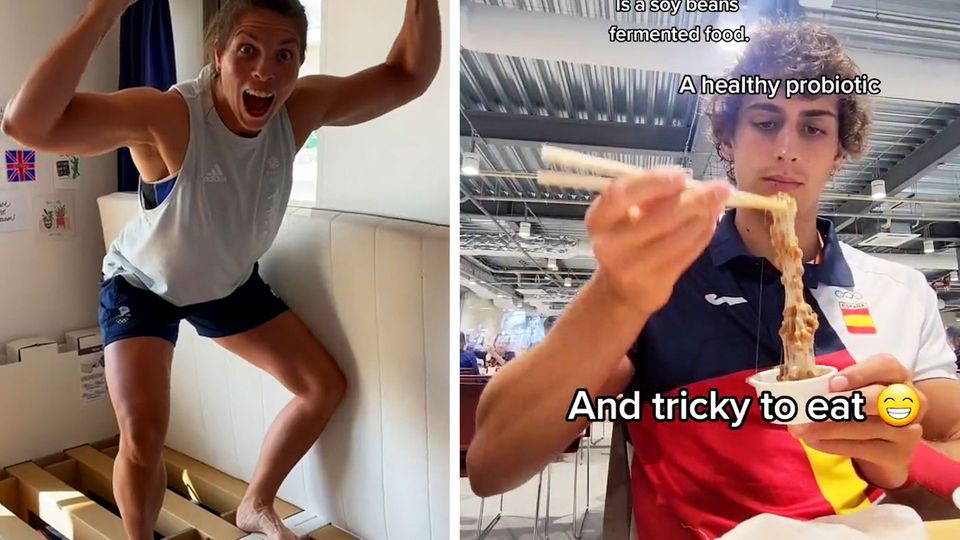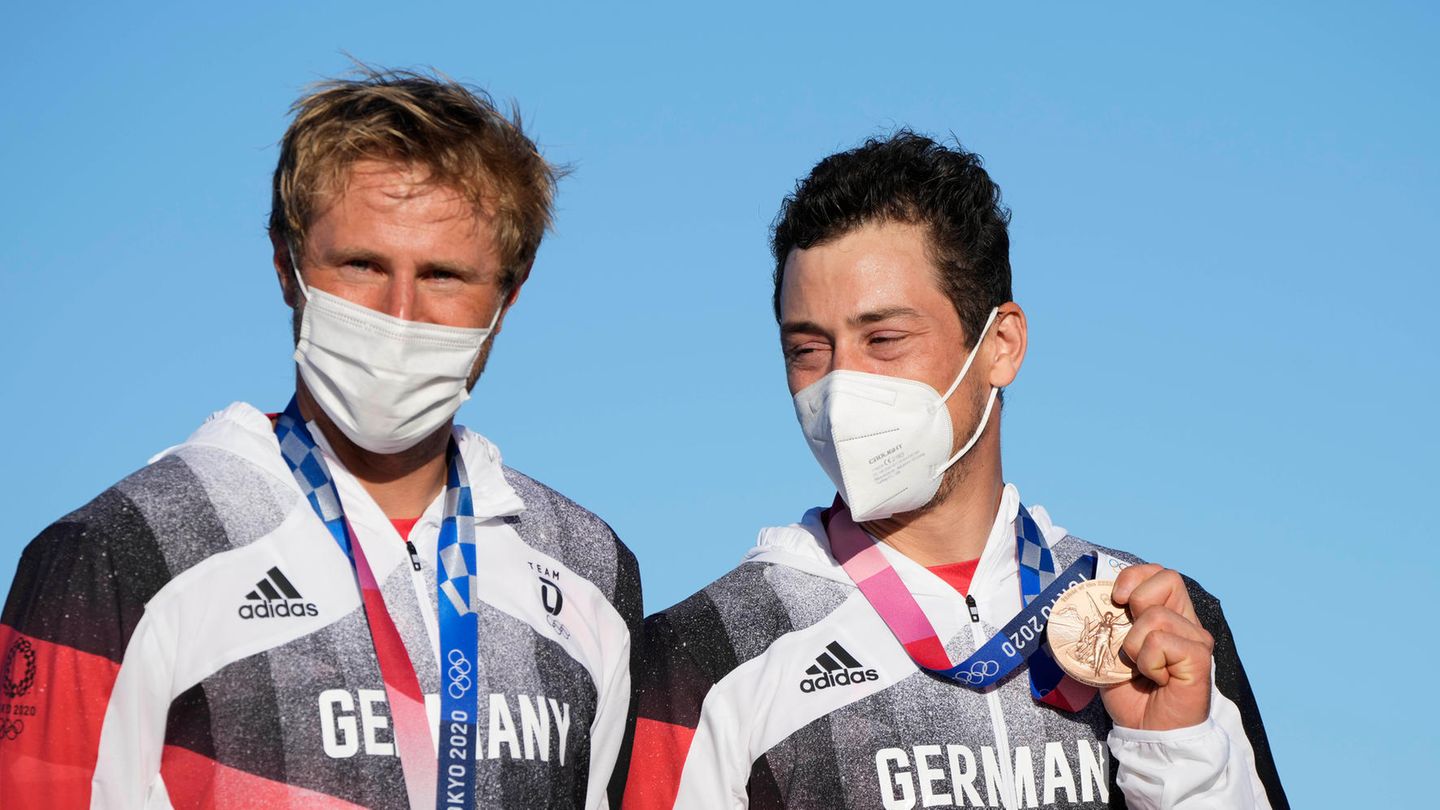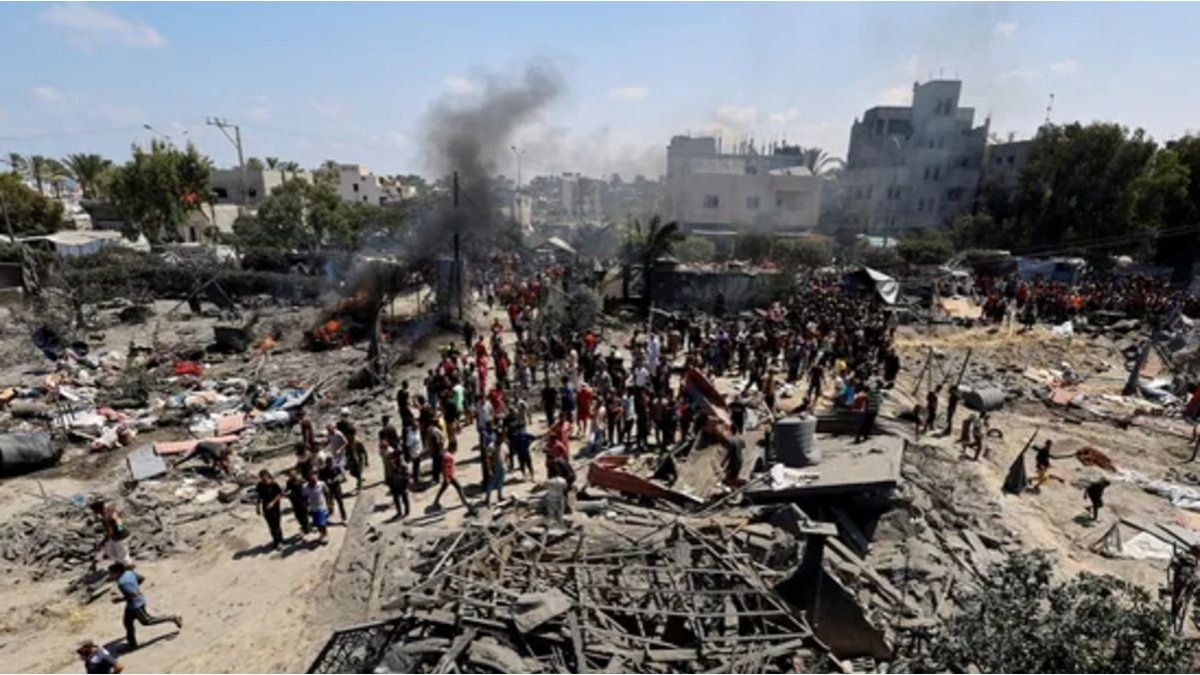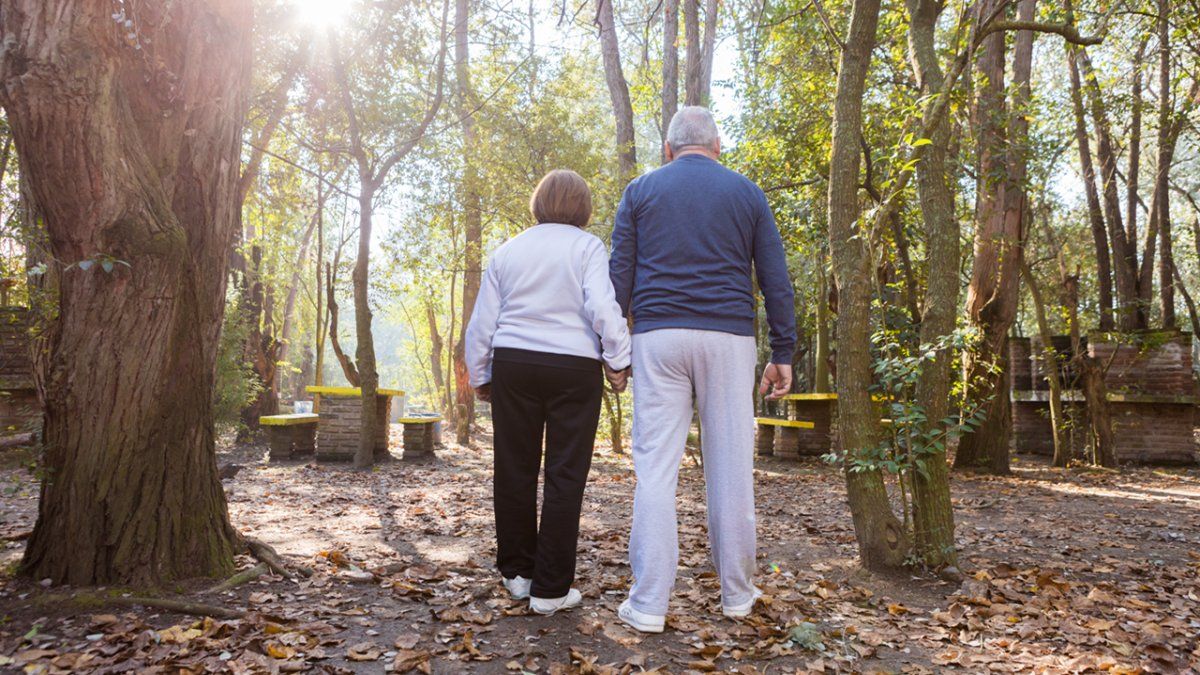Interview
Together with Erik Heil, 49er sailor Thomas Plößel won his second bronze medal at the Olympics in Tokyo. In the interview he explains why the second is better than the first and what the difference was between the sailing areas of the Games.
First of all, congratulations on your bronze! Does the second bronze medal at the Olympics feel any different than the first?
Yes, definitely. There is a very simple reason for this: in Rio we set ourselves silver as our goal and in the end we slipped to bronze. It felt like we lost. In Tokyo we could have finished everything between 1st and 7th on the last day and we moved up from 4th to 3rd in the last race. Emotionally it is something completely different. It’s amazing what this change of perspective is all about. Emotionally, this bronze medal is the nicer one.
Your placements in the individual races fluctuated between 1st and 14th place – although you were mostly in the top third. How much does the mood fluctuate over the course of the races?
I don’t even look at the list with the total status. So much is happening and all the teams are so close together. Investing emotions is not worth it. We have a lot of experience and we knew we were doing well. After day 2 with a 5th, a 13th and a 14th place (out of 19 teams, the editor) we knew that we had to accelerate. On the 3rd day of the regatta, we got places 2 and 3.
Before the start, do you set up a tactic for the race and pull it off, or do you constantly react to the wind and how the competition is sailing?
We try to deliver our perfect race every time. But we also know the competition and know that the Australians are good in strong winds, the Austrians in weak winds and that the Portuguese are higher up in the wind than us. In this respect, we are also orienting ourselves towards the competition. But we have our own routine every day of the regatta. We usually go out together with the Spaniards and look at the course, use the compass to find out exactly where the wind is coming from and talk to each other. This takes about half an hour and is a very complex process. Basically, we consider as many parameters as pilots do before an aircraft take off.
When did you know it was enough for bronze?
I miscalculated and when I crossed the finish line I thought that the Spaniards were in third place and we were in fourth place. Then a photographer came along and said we were bronze. But I didn’t want to rejoice too early, so as not to appear in such a “Joyful too early” video, of which there are already so many. I was really looking forward to it on land. And it wasn’t until I had the medal around my neck that it really became a reality. But because we are forming a training group with the Spaniards, I also have a crying eye for this medal. We didn’t want to take them away from the Spaniards.
How were the conditions in Japan in terms of water quality and environmental protection?
The water in Tokyo was different, but also not much better than in 2016 in Rio. There was also an alarming amount of plastic floating in the sea off Tokyo. We also collected old bottles and such a stopper. But the water quality was better than in Rio, where sewage was discharged into the sea.
Did you watch any other competitions or did you want to go home as soon as possible?
We had to leave Japan within 48 hours. After the award ceremony and press meetings, we were only at the hotel in the evening. The next day our trainer mainly packed all of our equipment into the container, we just helped. We had a lot with us with our training boat and all the equipment. But we were able to watch all the competitions live on TV in the Olympic village and so we got a little bit of the mood in our accommodation.

Have you already set yourself new sporting goals or are you now enjoying the bronze medal for the time being?
I don’t think we’ll be sailing this year. In the meantime we have both built up a private life that we now want to take care of intensively. We’ll see next year.
I have been working in the news industry for over 6 years, first as a reporter and now as an editor. I have covered politics extensively, and my work has appeared in major newspapers and online news outlets around the world. In addition to my writing, I also contribute regularly to 24 Hours World.




